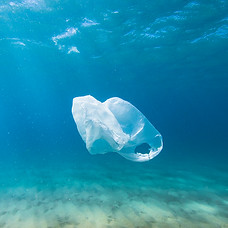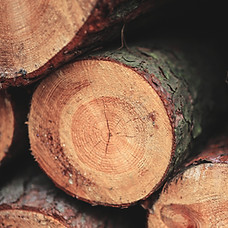Grey to green

Articles
Trash Islands
The Great Pacific garbage patch (GPGP) is around 1.6 million square kilometers, which is double the size of Texas, almost 3 times the size of France, and it only grows by the day. more
Carbon Footprint
While you might have heard the term carbon footprint before, you might not know what it what it means. Our carbon footprint is the amount of greenhouses produced by our actions. While greenhouses gases are actually natural, there is too much of them, leading to a rather large environmental crisis, Read this article to learn more about your carbon footprint and how to help lower it! more
How to help the Earth in quarantine
While stuck at home we may think that we don't need to help the environment anymore because what can we do from home. Well, there are several activities and things you can switch in your daily life to even make the smallest amount of change because in the long run it will make a big difference. more

Bioluminescent Waves
All over the internet there have been pictures and videos of mysterious, yet magnificent blue waves. Why are they blue you might ask. Is it magic? Where can I see them? They are a fleeting beauty, so learn more about them before they are gone for another few decades. more

Sea not SeaWorld
Whales are seperated from their families from a young age and kept in poor conditions, while held against their will. In this article you can read about how they are affected by captivity, hear about one very tragic story, and learn about ways you can help these whales. more
Water Pollution
Have you ever thought about where all waste and discarded toxic chemicals end up? These things don’t just disappear; they end up somewhere and that somewhere is usually the ocean. It is estimated that around 14 billion pounds of trash are dumped into the ocean every single year. Read more into this article to find out about water pollution. more
Icebergs
Rising sea levels can increase coastal erosion and elevate storm surge because warming air and ocean temperatures create frequent and intense coastal storms like hurricanes and typhoons. Some ways you can prevent this from happening are Reduce, Reuse, Recycle, which means choosing reusable products. There is so much to learn about icebergs and there is so much to learn about how to prevent icebergs from melting. Read this article to learn more. more

If it Doesn't Satisfy Your Taste it'll End Up as Food Waste
When you buy food, 20% of it is bound to go to the landfill. Between false expiration dates and over buying, we are wasting tons of food. Despite the many issues food waste produces, there are still solutions. more
The Truth of Deforestation
Trees do many things for us and what do we do? Cut them down. So many trees are cut down each year, and the numbers just keep going up. We must figure out a solution to this problem, before it is too late. more
Plastic: The Less We Throw Away The More Animals We Can Save
Americans create and dispose of approximately 10.5 million tons of plastic a year, but sadly only 1 to 2% of that is recycled. The other 98-99% that gets thrown away either ends up in the ocean, or goes to the landfills. The harms of this can be major. more
On the Brink of Going Extinct
As many of us know, rhinos are an endangered species, especially the Northern White rhinos. Only two of these exist, both female, so hope for the species was running out. Now there might just be a way to bring them back. more
What is to be Expected From This Outbreak
Even though the Coronavirus has taken a turn on the human race, there are some positive outlooks on the environment. Air quality levels are looking better in some parts of the world and animals are reclaiming land. However, it can't all be good news.











